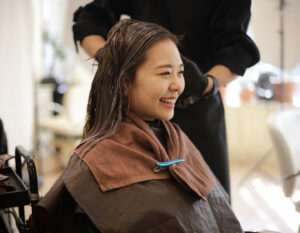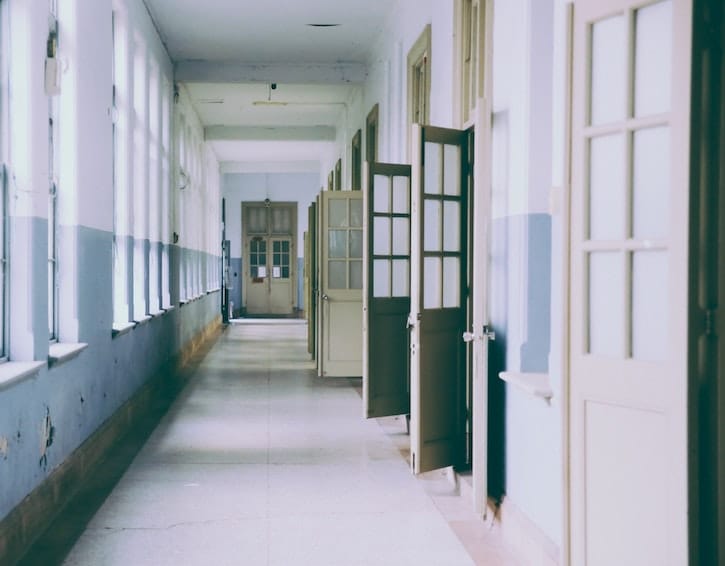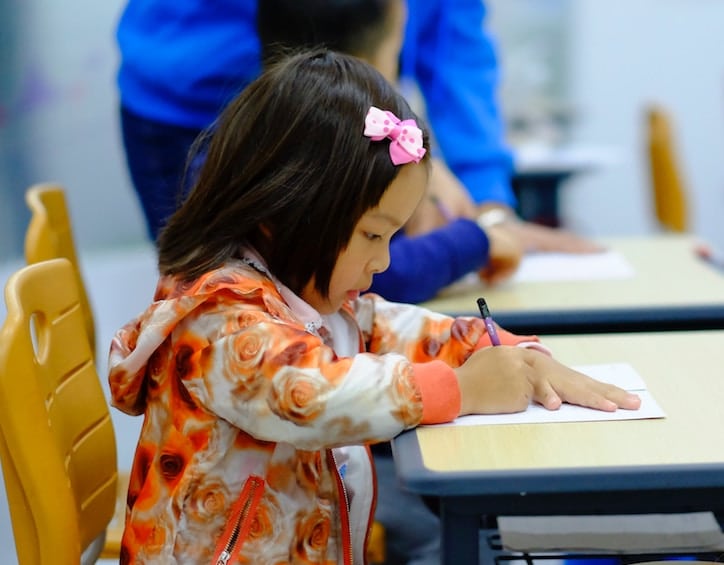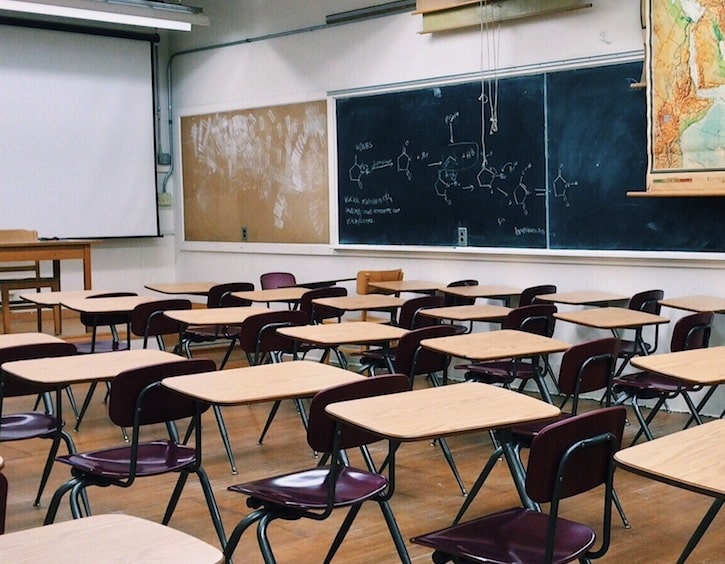
 Post Category - ParentingParenting
Post Category - ParentingParentingFrom where to live, what system to opt for and when to apply, here’s everything you need to know!
We know moving to a new country can be overwhelming, especially with kids in tow. Hong Kong has some of the best education options in the world, but it can feel daunting because of the fierce competition to get into a good school. So in this unique school guide for expats, we walk you through everything you need to know about the system here, to help prepare your family and make the move with confidence. All the best and welcome to Hong Kong!
Read more: Sassy Mama’s Ultimate 2019 Guide To Summer Camps In Hong Kong
Picking a neighbourhood
Many think that choosing a school depends on which district you live in. While this may be the case in some instances (ESF schools, for example), for most others where you live doesn’t have to be a deciding factor and is mostly a matter of preference. This city has one of the most efficient transportation systems in the world. You can hop on a bus, cruise on a ferry, or ride on the easy-to-navigate metro system, making most of the routes to school very workable when it comes to travel distance and time!
The different education systems
Hong Kong has three main options when it comes to types of schools you can choose from, including International, Private Independent, and Public schools (which are run by the government and publicly funded). All schools must be registered with the Education Bureau. The government has made recent adjustments to be inclusive of expat children moving to Hong Kong. Now many public schools have international programmes to help non-Chinese speaking (NCS) students acclimatise to the local learning environment.
Hong Kong schools follow different curriculums. Most international schools follow either the International Baccalaureate (IB) or International General Certificate of Secondary Education (IGCSE), but a few follow the curriculum of their home country. Public schools follow the Hong Kong Diploma of Secondary Education (HKDSE).
Things to consider before you move
The easiest way to get started is to make a list of schools you are interested in. You should then begin contacting the admissions departments to get an idea of availability, application deadlines, and to arrange school tours.
International and private schools have their own requirements and procedures for student admissions. Many start the school year in August (The Australian International School is an exception). Most open up the application process one year in advance (a few accept applications from birth!), although they accept applications throughout the year and often provide rolling admissions.
With that in mind, we recommend that you start planning and preparing your application well in advance of your move date. If possible, try securing your child’s place in a school first before relocating.
NOTE: Applicants who have not yet received Hong Kong residential status may apply for international schools, provided that they meet immigration requirements for entry to a school here before enrolment. Visit the Immigration Department website for more info!
Read more: Your Guide To Extracurricular Activities And Classes For Teens
Public schools
When considering whether to put your children in a public school, the fees and language of instruction will often be the biggest deciding factors. The Hong Kong government provides 12 years of free primary and secondary education to all children in public sector schools. Most local schools teach in Cantonese (spoken in Hong Kong and Southern parts of China) and/or Mandarin (spoken in the mainland and an increasingly important global language). If you see your kids living a large part of their lives and getting jobs here, this might be a critical advantage. Without support at home though and if only taught for a few years, language proficiency may be limited.
Besides the language and fees, these are a few pros and cons to consider:
Pros
- There is a high level of focus on the English language, making it easier for native English speakers to do well.
- Passing out of public schools usually guarantees easier entry to science-related and academic college courses.
Cons
- The focus is usually on science-based subjects and examinations, with little focus on creativity, the arts, critical thinking or emotional development.
- The structure is demanding and fairly high-pressure.
- The academic focus means that often after a full day of school, students require additional classes, leaving little time for personal interests.
You can find a range of public school options on the following lists for easy reference. We recommend getting in touch with the school of your choice if you have questions about the admission and selection process.
NOTE: Newly arrived children from foreign countries can get a school place in Hong Kong by submitting a direct application with the school. You can also get more information here under the “Education and Support Services for non-Chinese speaking children” (pg. 115).
Read more: How To Get A Job In Hong Kong: Tips & Tricks For Going Back To Work
International and private schools
International schools and Private Independent Schools (PISs) are both part of the private school sector in Hong Kong. Many expat parents opt for these schools as their curriculums make for a smoother transition when relocating, as does the language of instruction. Again, there are pros and cons.
Pros
- Students from elite international secondary schools receive a high-quality education and often go on to get admitted to top-notch universities.
- They get a multi-faceted global education, as far as cultural diversity and language are concerned. English is often the main language, while some offer bilingual and multi-lingual instruction.
- Some international schools offer priority to their nationals, siblings of existing students, and children of staff and alumni.
- Some schools provide services for students with special needs.
- Many schools provide college training and guidance, extra-curricular activities, and alternative ways of learning.
Cons
- Competition to secure spots at the top schools is high and you may need to deal with long waiting lists.
- Some schools are not through-schools and are split by academic ability at the secondary school level. That means that if the students’ examination results at the end of primary school are not up to the mark, they may find it difficult to get placed at a quality secondary school.
- International schools usually have high tuition fees.
Hong Kong also has seven Private Independent Schools (PISs) that are an alternative to international schools offering non-local curriculum to parents. The government supports PISs as they diversify the education system and give parents more choice. These schools are required to ensure that at least 70% of their students are Hong Kong Permanent Residents.
The options are many and we hope your child gets in to the school of your choice (and his/hers). If you would like to compare different schools by location, curriculum, facilities and more, do look through the useful Sassy Mama schools guide that will make narrowing down your top picks that much easier.
 View All
View All











 View All
View All


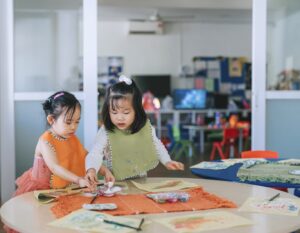


 View All
View All


 View All
View All


